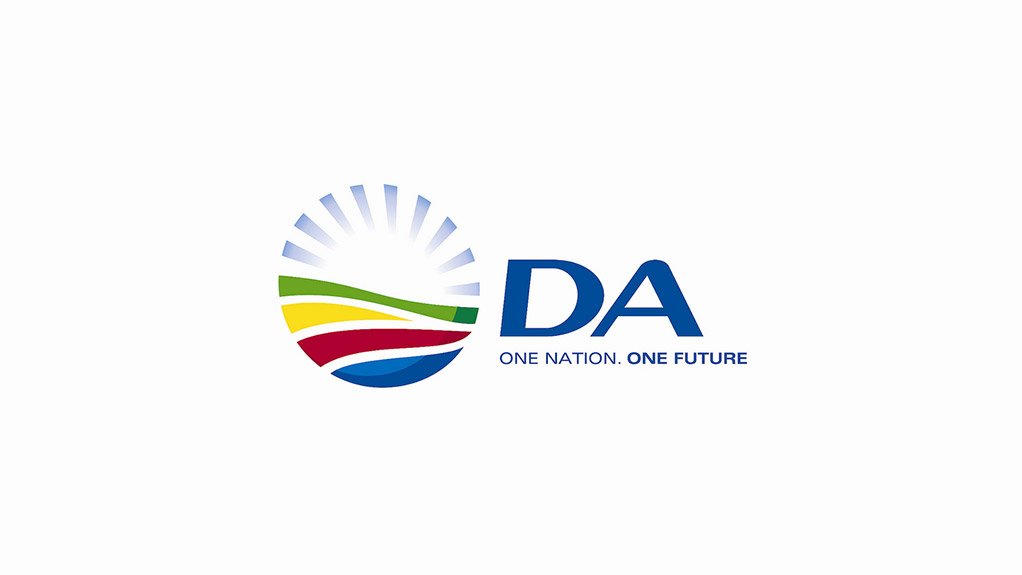The Democratic Alliance (DA) Shadow Minister of Finance Dr Dion George blamed the African National Congress (ANC) for the country’s economy stalling, saying the status quo will prevail as long as the ANC remains in power.
Statistics South Africa confirmed on Tuesday that South Africa’s economy expanded by 0.1% in the fourth quarter of 2023 after contracting by 0.2% in the third, helped only by significant recoveries in the transport and mining sectors.
George explained that the country’s economy was at a standstill, and that South Africans were becoming poorer.
He highlighted that crime and corruption, industrial scale mismanagement, an inefficient public procurement framework, the energy crisis, and deployed cadres had crippled the country’s economy.
“Our economy will not grow at the projected 1.4% over the medium term, given the multitude of crises that beset every facet of the South African experience” he said.
He alleged that the ANC's approach to resolving the energy crisis had proven grossly inadequate as electricity blackouts and widespread corruption in the sector continued to suppress economic activity, productivity, local- and international competitiveness, business confidence, and investment.
George noted that in February 2023, National Treasury’s Budget estimated a growth rate of 0.8%. Its projection, even though low and uninspiring, was evidently overly optimistic.
“This means that expected revenue, already revised downward, remains overstated and even less money will be available for crucial expenditure on service delivery and social support,” said George.
Government was now alarmingly reportedly delaying the disclosure of critical information regarding the enormity of the energy crisis to paint a rosy picture and an illusion of progress heading into the national election, he said.
George has blamed the ANC for breaking the logistics and transport sector.
“…and its continued insistence on centralising operations has removed any hope of recovery. The DA does not have any confidence that Transnet’s recovery plan will address the structural issues that beleaguer the entity. Despite all the noise about injecting private sector expertise into the sector, there is no action to be seen. This inertia in promptly engaging in meaningful privatisation and opening the market to private investment will condemn South Africa to a perpetual low-growth cycle,” he explained.
He noted that the country’s flailing growth prospects had compelled National Treasury to introduce austerity measures. He said with an average annual gross domestic product growth rate of 1.2% throughout the last 15 years, the country’s economic performance had been lacklustre at best.
George explained that instead of adopting ruthless and targeted growth-focused reforms, government was doubling down on destructive policies like expropriation without compensation and racialisation of the country’s employment legislation and public procurement framework.
“Such reckless policy missteps impact vulnerable South African households who are already reeling under a government-induced cost-of-living crisis directly. The ruling party has made numerous statements about addressing the cost-of-food crisis, specifically proposals to stabilise food prices. However, no concrete actions have been implemented, and the situation continues to deteriorate quickly,” he said.
EMAIL THIS ARTICLE SAVE THIS ARTICLE ARTICLE ENQUIRY
To subscribe email subscriptions@creamermedia.co.za or click here
To advertise email advertising@creamermedia.co.za or click here











